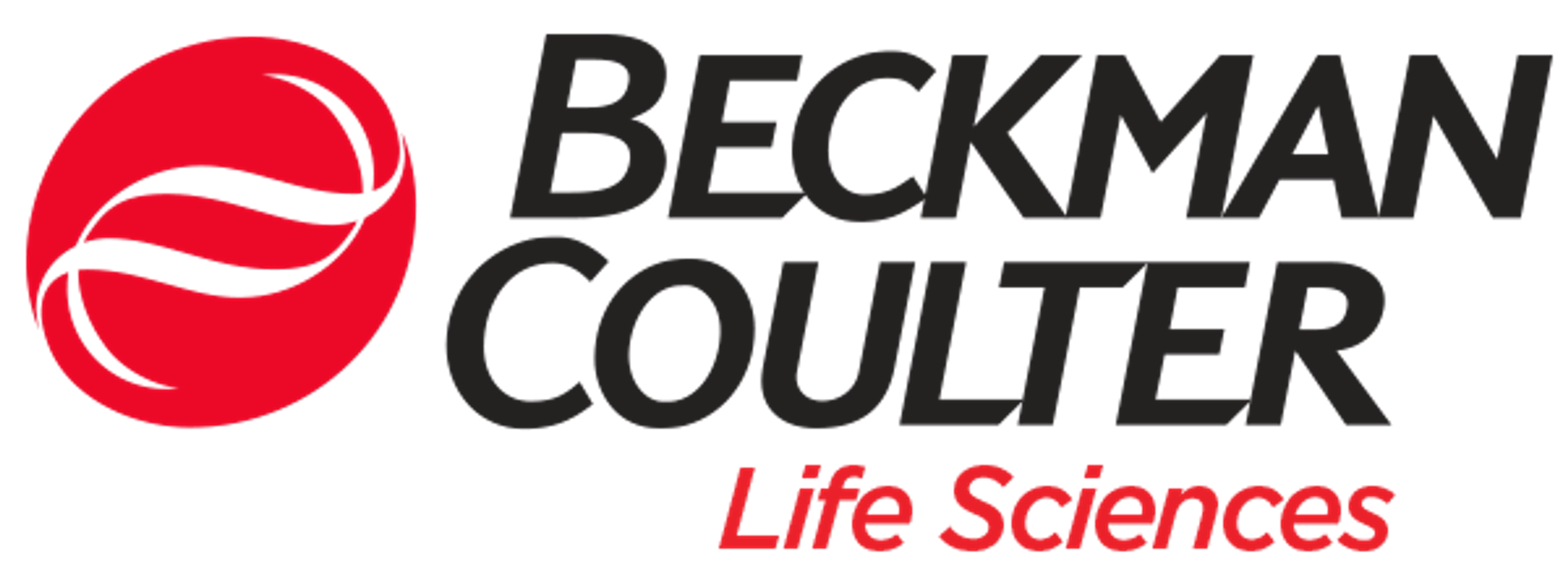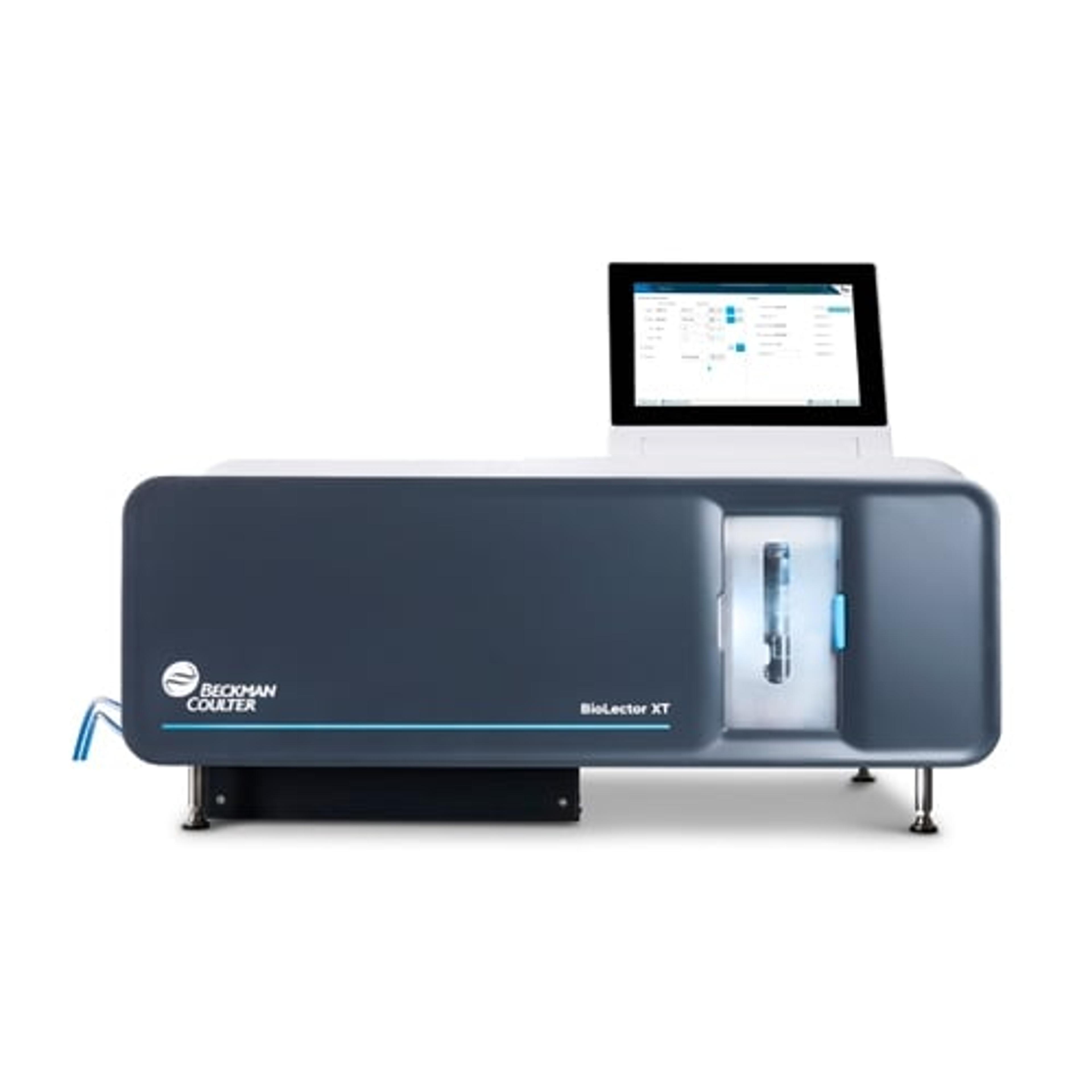
Lessons from Lawrence Berkeley National Lab: A Multi-Faceted Approach to Microbial Studies
Join Stephen Tan, Principal Scientific Lab Automation Engineer at Lawrence Berkeley National Laboratory (LBNL), as he discusses six innovative research projects that leverage BioLector technology, showcasing its versatility across various studies:
- Fungal growth curves: Analyzing growth patterns of Rhodosporidium toruloides.
- Design-build-test-learn: Investigating bacterial studies with Pseudomonas putida.
- Media optimization: Enhancing flavolin production in Pseudomonas putida.
- Sugar consumption variability: Examining sugar utilization in Rhodosporidium toruloides.
- Media optimization: Improving TMP production in Corynebacterium glutamicum.
- Metabolic behavior investigation: Studying metabolic responses under varying conditions in three distinct hosts.
These projects highlight the application of BioLector technology in microbial growth, media optimization, and metabolic studies across diverse organisms.
Key learning objectives
- Understand metabolic behavior under different conditions
- Explore the Design-Build-Test-Learn (DBTL) cycle
- Learn more about the impact of media optimization on biomass production
Who should attend?
- Lab managers, technicians, and primary scientists.
Certificate of attendance
All webinar participants can request a certificate of attendance, including a learning outcomes summary, for continuing education purposes.
Speakers

Stephen Tan is the Principal Scientific Lab Automation Engineer at Lawrence Berkeley National Laboratory (LBNL), where he leads automation efforts for key projects such as the Joint BioEnergy Institute and Agile BioFoundry. He manages a team of engineers and develops custom automation solutions to streamline manual processes. His expertise includes working with automation systems like Beckman Coulter, Tecan, Agilent, and Hamilton platforms. He holds an M.S. in Data Science from UC Berkeley and a dual B.S. in Chemical Engineering and Chemistry from NYU.
Moderator


